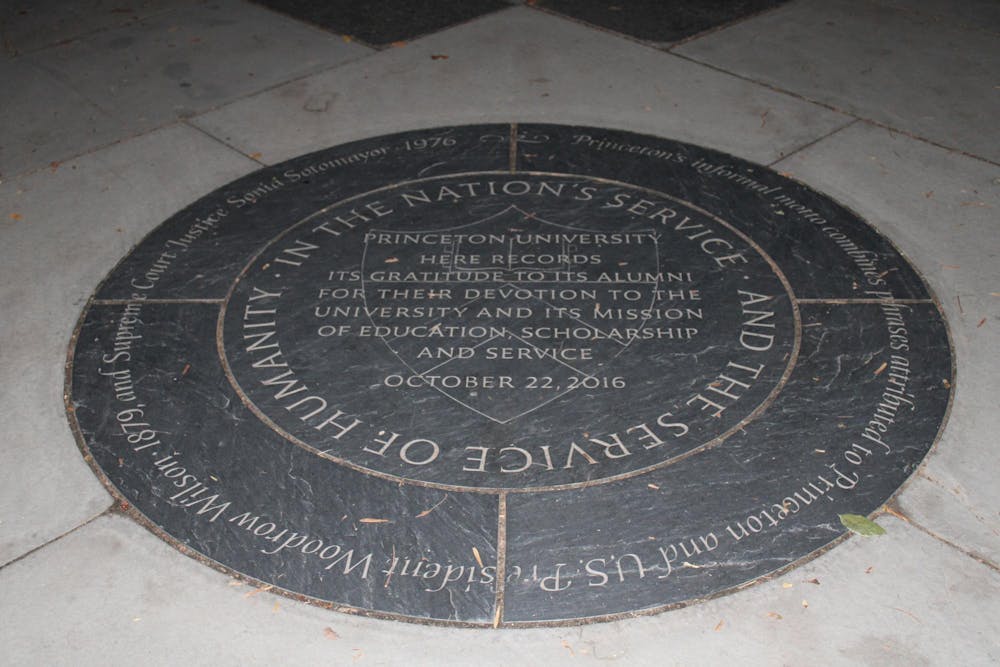The release of The Daily Princetonian’s annual Frosh Survey for the Class of 2029 revealed that 70.1 percent of first-years described their career aspirations as wanting to “make money,” while 71.8 percent said they aspire “to be in the nation’s service or in the service of humanity.”
“[For] some students, there’s pressure externally to climb high … and get this sort of position in the world that can sometimes be distracting from this idea of service,” Mary Avery ’29 told The Daily Princetonian in an interview.
In interviews with the ‘Prince,’ however, first-years optimistically maintained they can follow Princeton’s informal motto while also aiming for financial gain.
“I think things can co-exist. There are people here who want to have money, but I don’t think anyone’s here just because they want money,” Avery added.
“Making a living is important. I don’t think the two [aspirations] have to be at odds with each other. You can be in the nation’s service and in the service of humanity while making a living,” Amy Zhou ’29 told the ‘Prince.’ “I don’t think it’s mutually exclusive to earn money and also do good things.”
“Even if you were to go into consulting or finance, outside of that, you can still have other pursuits or find a way to use your skills for the betterment of our community,” Zhou added.
“Money is the thing that kind of makes this a complicated decision,” Srina Bose ’29, an international student on financial aid, explained. “Do you want a return on your investment? That’s something I think about a lot.”
“Whatever job I go into [should] be enough to sustain me,” Bose told the ‘Prince.’

Hamish Gullison ’29 expressed that it’s up to people to decide what they want to do with their lives.
“I don’t think you can necessarily … categorize [an] entire industry as [either] impactful or not meaningful,” Gullison said. “You can make meaningful change in lots of different sectors.”
Tristan Lumineau ’29 agreed, expressing that there may be opportunities to be “in the nation’s service or in the service of humanity” through fields that are not typically associated with those efforts.
“I think there are things we don’t see … like working for the [International Monetary Fund] and other monetary institutions are very important [to ensure] countries are not bankrupt,” Lumineau told the ‘Prince.’

Some students noted that, despite many of their peers looking to make money, Princeton has an obvious emphasis on service.
“People here tend to want to do good and really value meaning in their work,” Avery told the ‘Prince.’ “I’ve met a guy who wants to join the Peace Corps. I met someone who wants to start a nonprofit. There are really cool, diverse aspirations here, and they vary so much depending on major and person.”
“I have also met people who have kept their values close to themselves and would not want to sell their souls completely,” Bose said.
“A really good part of [this] school is that there are many different ways to serve humanity. And I’ve seen a wide swath of that,” Avery said.
Amaya Taylor is a News contributor from Memphis, Tenn. She can be reached at at9074@princeton.edu.
Please send any corrections to corrections[at]dailyprincetonian.com.








